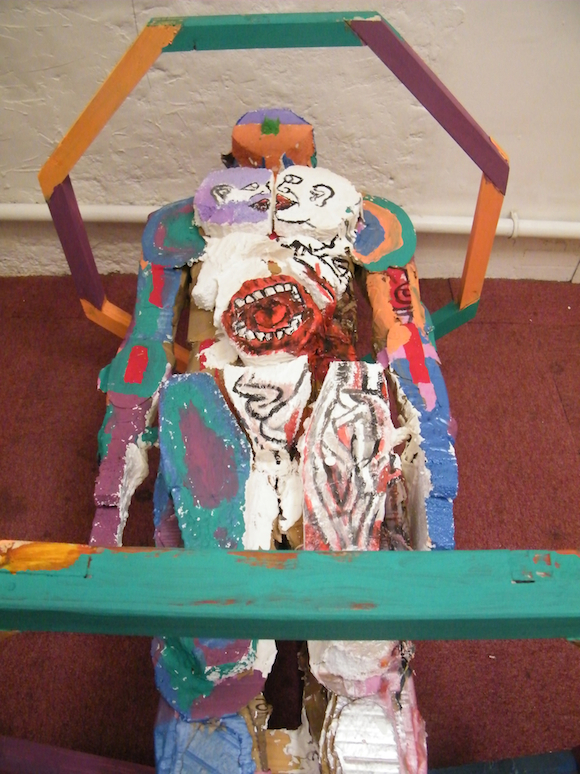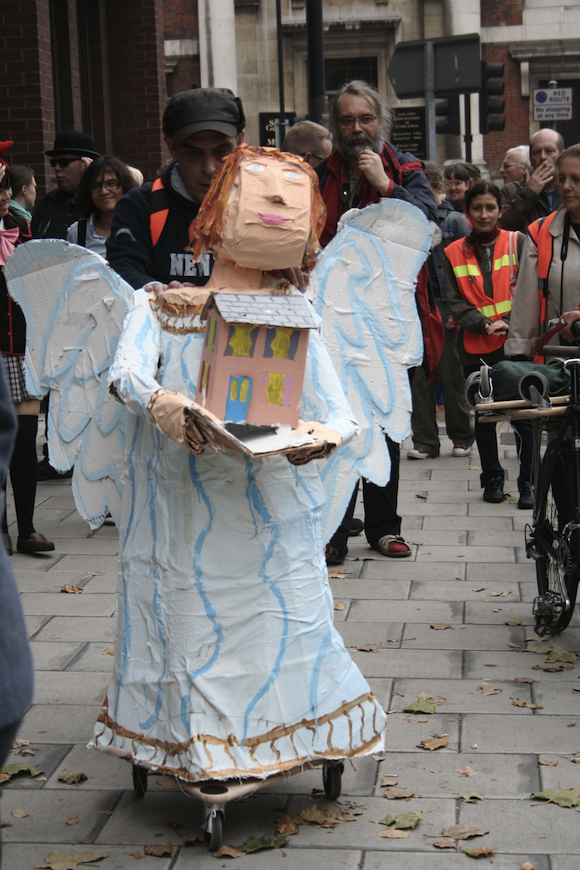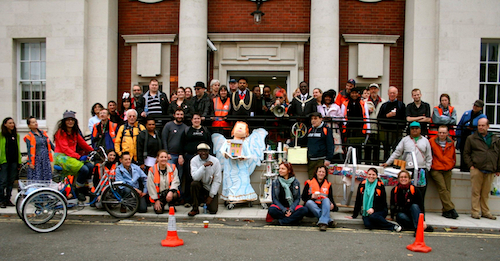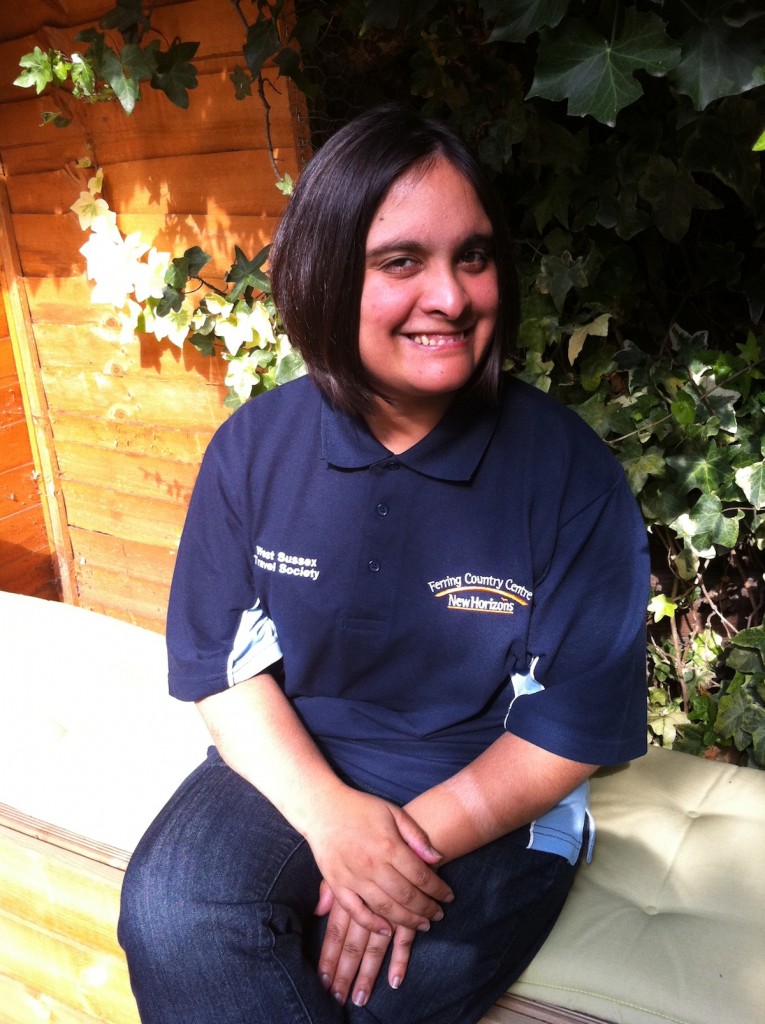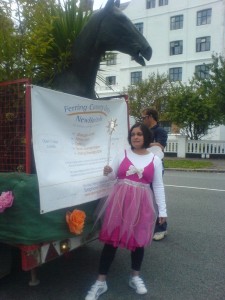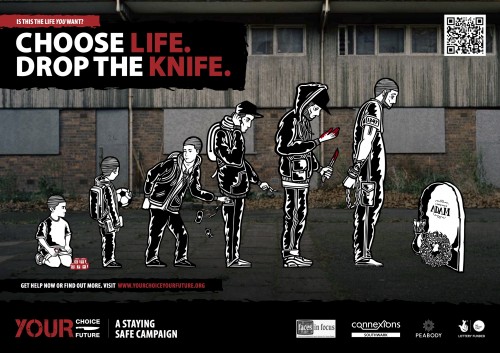
On my way to meet Tanvir and his friends, I pick up the Evening Standard. It carries a couple of stories on gang-related crime, including a heart-wrenching plea for an end to the violence from the mother of a 15-year-old boy stabbed to death while out on his bike. It’s a reminder, if any were needed, of the terrible impact of knife crime in our capital city.
Last year, more than 2,000 young people were injured by a knife in London and south of the river the problem is particularly bad, with Lambeth and Southwark last year recording the highest number of knife crimes in the capital. Earlier this month the Met launched a new drive to target gang crime.
For youngsters on the Rockingham, a spate of nine knife assaults three years ago was the final straw. They decided to come together to warn others about the grim consequences of gang culture and have since produced two films and, most recently, a hard-hitting poster campaign on knife crime.
“We’ve been affected by knife crime – we are telling a true story, it comes from the heart and it’s not like something you see on TV,” says 18-year-old Shabir Ali. “We just really felt enough was enough and we wanted to get the message out.” What’s so impressive about the youngsters’ work, through their Faces in Focus Boys’ Group, is that they have led the project every step of the way, inspired by their own experiences – and in some cases their own brushes with the law.
They are aiming their message at the youngsters, often only just at secondary school, who get involved with gangs to try and look cool. They’ve run sessions in schools to discuss gang violence and significantly have also opened a dialogue with the police about how policing methods such as stop and search can fuel community tensions.
But although the project is very much young person-led, it’s brought together a range of partners across local government, housing, voluntary organisations and the private sector. They include the Southwark-based charity Faces in Focus, Peabody Housing Trust, which has supported the work as part of its cross-London Staying Safe anti-crime project and Poached Creative, the social enterprise which brought its design skills to the table. The launch of the drive was hosted by campaigning charity Art Against Knives last month.
Khalis Miah, who helped the youngsters get their ideas off the ground after approaching them through the Connexions service three years ago, says their experience is a positive one on many levels. “Some were in court themselves,” he says. “But they have turned their lives around – they have been doing something positive for the community instead of getting into trouble.” The pay-off projects like these can have in terms of building confidence, leadership and employment skills is important too.
But with young people’s services hit hard by the cuts, support is crucial from social landlords like Peabody, which is currently supporting nine different anti-crime campaigns under the Staying Safe banner.
“Our approach is working with young people, not patronising them but working with them on a professional level,” says Lajaune Lincoln, Peabody’s Staying Safe and special projects manager. “Not only are they putting out an important message on crime, but it is also productive for them, improving their skills and helping with employers.” The members of the Faces in Focus Boys’ Group are continuing to work hard to get their message across – including to London Mayor Boris Johnson, who, they say, has not yet responded to their offer to discuss ways of tackling knife crime.
“We just want to get the word out,” says Shabir. “Knife crime is still going up and we want people to know it does have consequences.”

![Nadia Salam- pic[1]](http://thesocialissue.com/wp-content/uploads/2011/12/Nadia-Salam-pic1-150x150.jpg)
